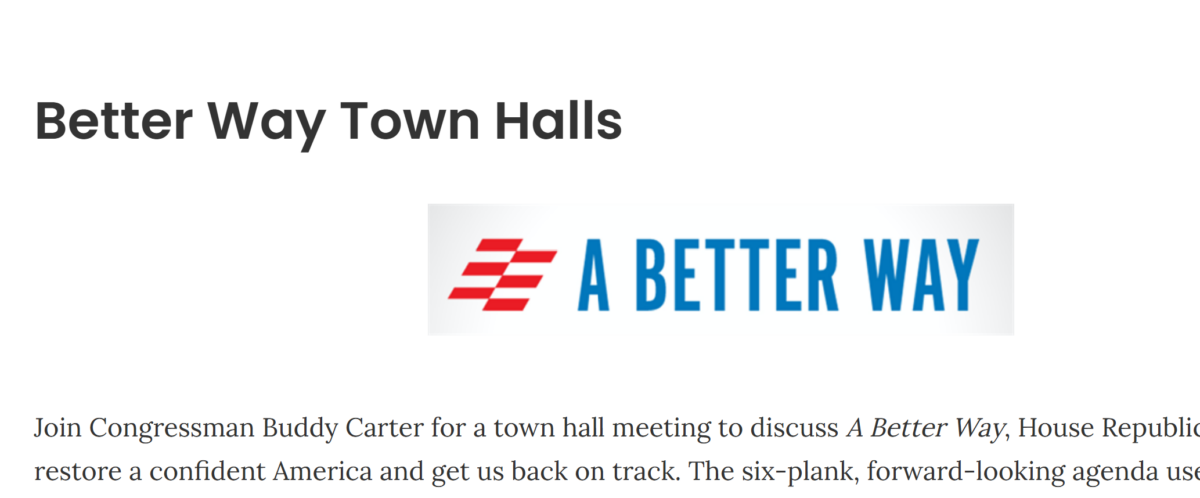Folks were upset when Illinois State Police showed up at an ICE protest in Chicago. Some questioned why Pritzker would do so. Were the state police now siding with ICE? The answer to why the ISP showed up can be found in federal judge’s ruling about the federalization of Oregon National Guard in Portland. In […]
Category: Legal, Laws, and Regs

Will we survive RFK Jr’s interventions on vaccinations and food?
Dear Buddy Carter

Your compatriot, Rich McCormick, had a town hall recently. It did not go as well as he hoped, especially considering the continued chaos in the federal government. Still, he did what a Congressional representative should do, and met with the public he represents. And that leads us to you. Exactly when will you meet with […]

It was a tip to Washington Post that gives us an indication of what’s really happening with DOGE. Musk’s claims of changing code and stopping payments was nothing more than a distraction, a way of keeping our focus on what one hand is doing while the other operates freely. Trump’s blathering out developing Gaza, or […]
Adding on to my previous post, about the lawsuit against Treasury for allowing DOGE free reign in sensitive systems, we’re now hearing that DOGE people are illegally accessing sensitive data at the Department of Education, and feeding it wholesale—without scrubbing it of identifying information—into a Microsoft Azure cloud-based AI tool of some kind. In other […]
